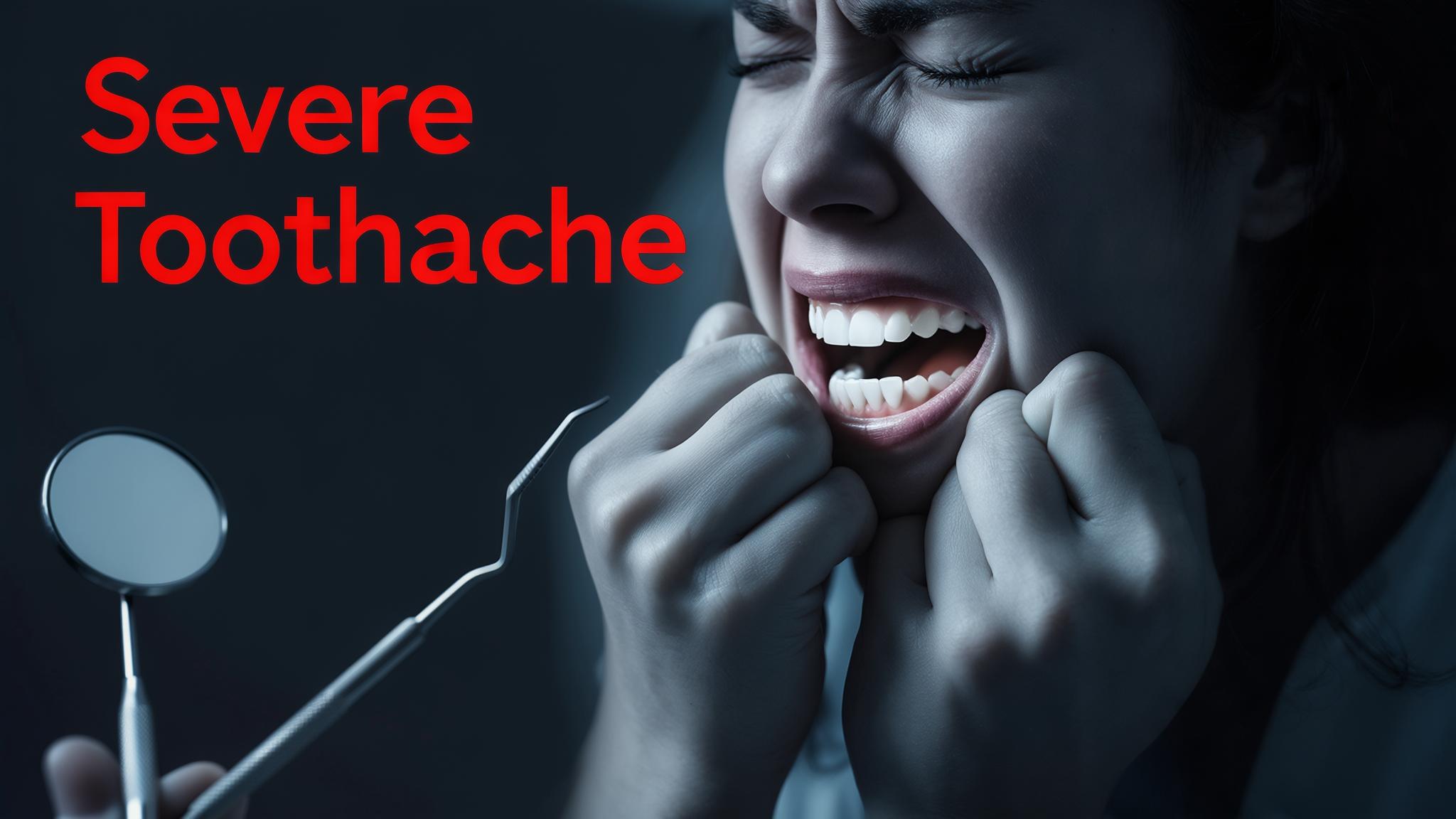Understanding Cavities
Cavities, often referred to as dental caries, are small holes in the teeth caused by tooth decay. Tooth decay occurs when the enamel, the hard outer layer of the tooth, is eroded by acids produced by bacteria. These bacteria thrive on sugars and starches left on your teeth, creating a sticky film called plaque. Over time, the acids in plaque can wear down the enamel, leading to cavities.
Causes of Tooth Decay
Tooth decay is primarily caused by poor oral hygiene, frequent snacking on sugary foods, and not visiting the dentist regularly. The progression of a cavity begins with demineralization, where acids start to erode the enamel. If left untreated, the decay can penetrate deeper into the tooth, affecting the dentin and eventually reaching the pulp, which contains nerves and blood vessels.
Common Symptoms of Cavities
Cavities can cause a variety of symptoms, including:
- Sensitivity to hot and cold: You may feel a sharp pain or discomfort when consuming hot or cold foods and beverages.
- Pain when biting or chewing: This might suggest that the cavity has progressed to a more severe stage.
- Visible holes or pits in teeth: These are often noticeable in the mirror and can be a clear sign of decay.
When Does a Cavity Become an Emergency?
Not all cavities are emergencies, but certain conditions elevate their urgency.
Criteria for Dental Emergencies
- Severity of pain: If the pain is severe and unmanageable, it may be an emergency.
- Presence of infection: Swelling, pus, or a fever can indicate an infection requiring immediate attention.
- Impact on daily activities: Difficulty in eating, sleeping, or concentrating due to tooth pain can necessitate urgent care.
Specific Scenarios Necessitating Urgent Care
- Severe, unmanageable pain: This could mean the decay has reached the pulp, causing inflammation or infection.
- Swelling or abscess formation: An abscess is a serious condition that can lead to systemic infection if not treated promptly.
- Broken or fractured tooth due to decay: This can expose the inner layers of the tooth to bacteria, leading to further complications.
Consequences of Ignoring Cavities
Ignoring a cavity can lead to serious dental health issues.
Progression of Decay
- From minor to severe cavities: Untreated cavities can grow larger, requiring more extensive treatment like root canals or even extractions.
- Potential for root canal treatment or tooth extraction: Once decay reaches the tooth's pulp, a root canal may be necessary to save the tooth.
Risk of Systemic Infection
- Importance of addressing dental infections promptly: Dental infections can spread to other parts of the body, leading to more severe health issues.
- Connection between oral health and overall health: Poor oral health has been linked to cardiovascular disease, diabetes, and other systemic conditions.
What to Do in Case of a Cavity Emergency
If you suspect a cavity emergency, take these steps immediately.
Immediate Steps to Take
- Pain management techniques: Over-the-counter pain relievers can help manage discomfort temporarily.
- Avoiding certain foods and activities: Stay away from hard, sticky, or sugary foods that can exacerbate the issue.
Importance of Seeking Professional Help
- How to find an emergency dentist: Look for local emergency dental clinics or call your regular dentist for recommendations.
- What to expect during an emergency dental visit: The dentist will likely perform an examination, take X-rays, and discuss treatment options.
Prevention of Cavities and Dental Emergencies
Preventive care is crucial to avoid cavities and their complications.
Good Oral Hygiene Practices
- Regular brushing and flossing: Brush twice a day and floss daily to remove plaque.
- Routine dental check-ups: Regular visits help catch issues early and maintain oral health.
Dietary Considerations
- Foods to avoid: Limit sugary and acidic foods and drinks.
- Importance of fluoride: Fluoride strengthens enamel and helps prevent decay.
Dental Sealants and Other Preventive Measures
Dental sealants can provide an extra layer of protection for your teeth, particularly for children and teenagers.
Conclusion
A cavity can become a dental emergency when it causes severe pain, infection, or significantly impacts your daily life. Timely treatment is essential to prevent further complications. By maintaining good oral hygiene and regular dental visits, you can minimize the risk of cavities and avoid emergencies.

